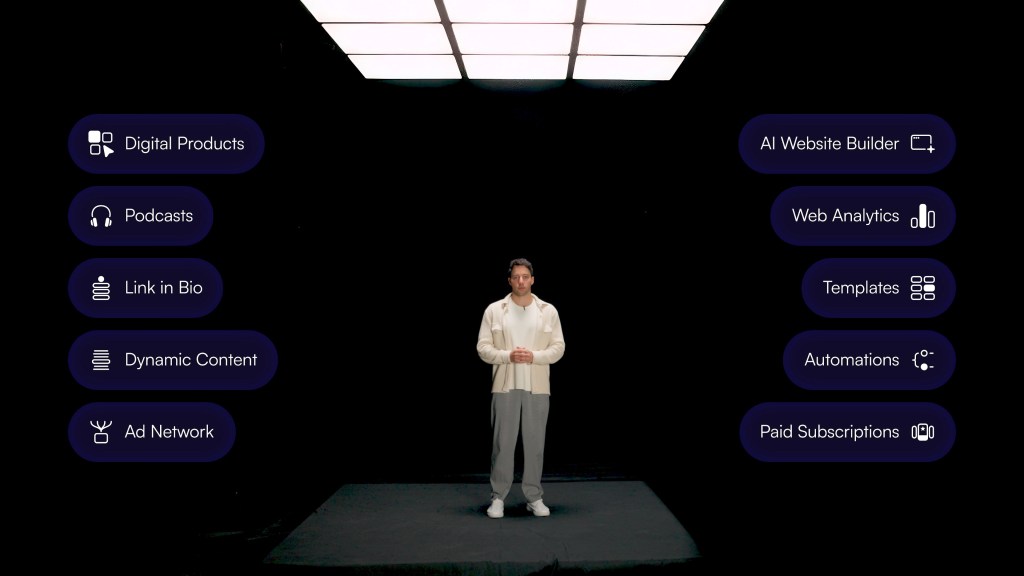Bluesky, a decentralized social networking platform, has ceased its operations in Mississippi in response to the state’s newly enacted age verification legislation, House Bill 1126. This law mandates that all social media platforms implement age verification processes for every user prior to granting access.
In a recent blog post, Bluesky articulated its decision, emphasizing the challenges posed by the law’s extensive requirements. The company highlighted that, as a small team, it lacks the resources to undertake the significant technical modifications necessary for compliance. Additionally, Bluesky expressed apprehensions regarding the law’s broad scope and potential privacy concerns.
House Bill 1126 stipulates that platforms must verify the age of all users and obtain parental consent for individuals under 18. Noncompliance carries substantial penalties, with fines reaching up to $10,000 per user. Unlike other age verification laws, such as the United Kingdom’s Online Safety Act, which requires age checks for specific content and features, Mississippi’s legislation demands comprehensive age verification for all users, irrespective of the content they access.
Bluesky contends that this law imposes significant barriers that could impede free speech and disproportionately affect smaller platforms and emerging technologies. To adhere to the law, the company would need to collect and store sensitive information from all users, a process that entails substantial infrastructure and developer time investments, complex privacy protections, and ongoing compliance monitoring. These requirements could potentially overwhelm smaller providers, thereby entrenching existing large tech platforms and stifling innovation and competition.
The company also noted that its decision to block access applies solely to the Bluesky app built on the AT Protocol. Other applications may choose different approaches in response to the legislation.
Following the implementation of this measure, some Bluesky users outside Mississippi reported difficulties accessing the service. These issues were attributed to their mobile providers routing traffic through servers located in Mississippi. In response, Bluesky’s Chief Technology Officer, Paul Frazee, stated that the company is working on deploying an update to its location detection system to address these inaccuracies.
This development underscores the ongoing challenges that social media platforms face in navigating varying state regulations, particularly concerning user privacy and age verification. Bluesky’s decision reflects a broader industry debate on balancing regulatory compliance with operational feasibility and user privacy considerations.



